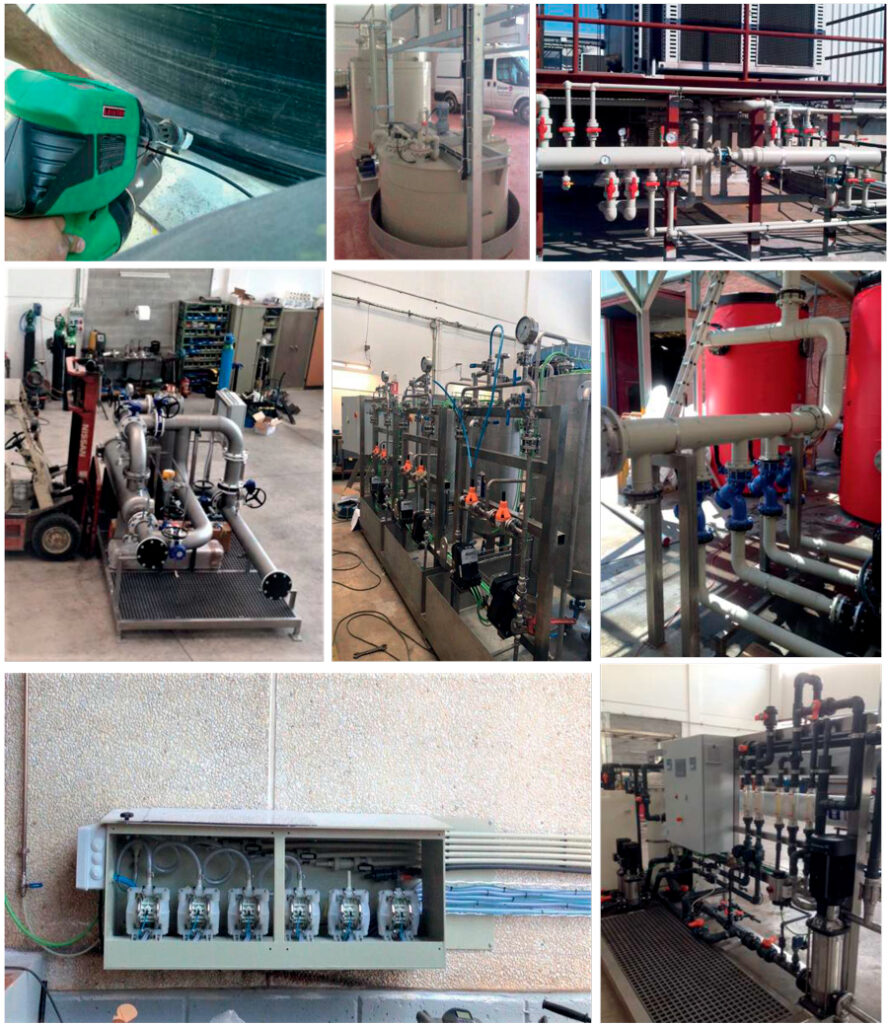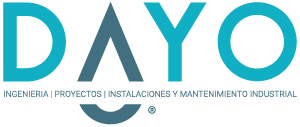PURIFICATION / RECYCLING OF WASTEWATER FROM THE PAPER / PULP INDUSTRY
Characteristics of waste in the pulp / paper industry
- The discharge waters are loaded with organic matter, conductivity, suspended matter and detergents;
- It depends on the processes to which the paper is subjected, as well as its type, since the qualities can be very variable, depending on its origin, whether it is recycled or virgin fiber;
- Water also contains many additives such as detergents, bleaching agents, biocides and defoamers;
- Depending on the degree of reuse and the type of paper produced, these charges can increase to very high values and, consequently, alter the quality of the paper produced.
Considerations for recycling
Due to the increased loads associated with the closing of the circuits, the associated problems that have been identified are generally the following:
- It can cause abrasion problems on moving parts;
- Reduction of the physical and chemical resistance of the product;
- Decreased effectiveness of certain additives;
- Foaming;
- Incremental sales;
- Decrease in whiteness level;
- Bacterial growth;
- Increased corrosion;
- Scale formation.
- Increase in dissolved and colloidal organic matter;
- Production of bad odors: Chemical modification of wet parts
The most frequent alternatives in recycling
The most frequently adopted alternatives in the paper industry for water consumption are
- Reuse of white water as process water;
- Reuse of clarified water for different applications;
- Use of water for technical uses in closed systems;
- The use of water in waterfall systems, used in accordance with quality requirements;
- Reuse of effluent after treatment as feed water;
Description and characteristics of the biological process MBR
- It is a total oxidation biological system with nitrification and denitrification stages;
- Compared to a biological system, composed of pretreatment, biological treatment, decanter, filtration and sterilization, in this system only the pretreatment and the biological reactor are used, with submerged membranes;
- Allows solid-liquid separation through ultrafiltration flat membranes (0.05 microns);
- The aeration systems, as well as the oxygen consumption, are the same when compared to a conventional one;
- The membranes retain all kinds of bacteria, fungi, viruses, parasites, etc., purifying the water up to 99.99%;
- Mass loads are projected with the same value as a conventional process;
- There are no deposit problems in the absence of sedimentation;
Advantages of using recycled water
Due to the high quality obtained in the discharge waters, they allow their reuse in multiple applications, and have the following advantages:
- Reduction of construction and maintenance costs, due to smaller installations, consuming less fresh water;
- Groundwater increases by reducing well consumption;
- It does not depend on weather issues.





